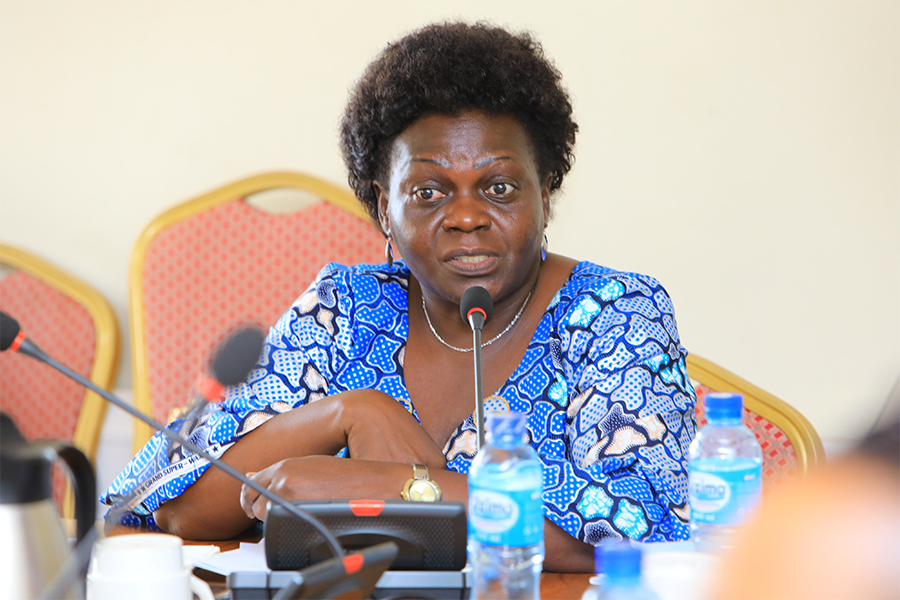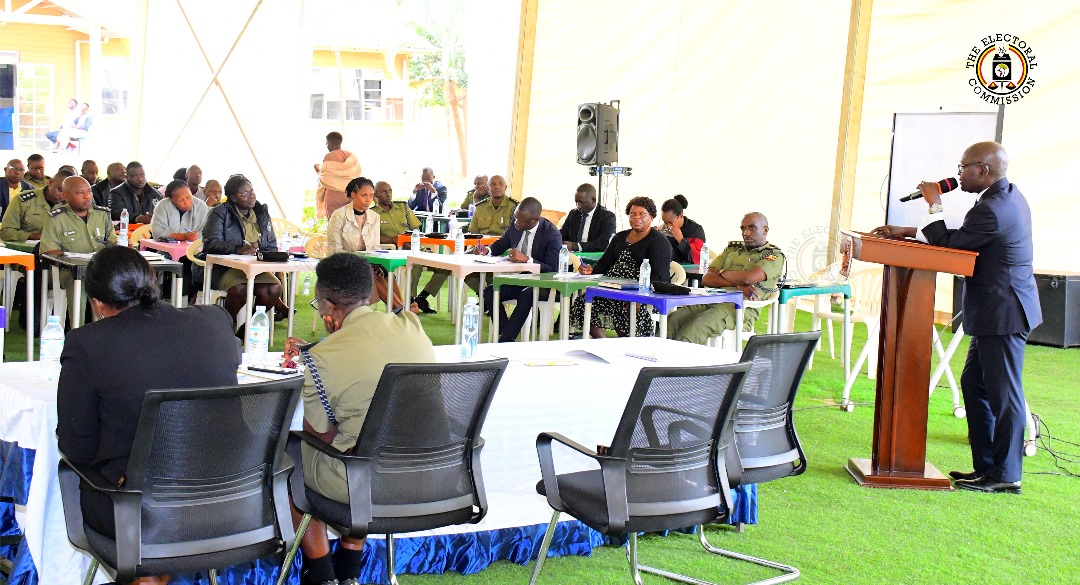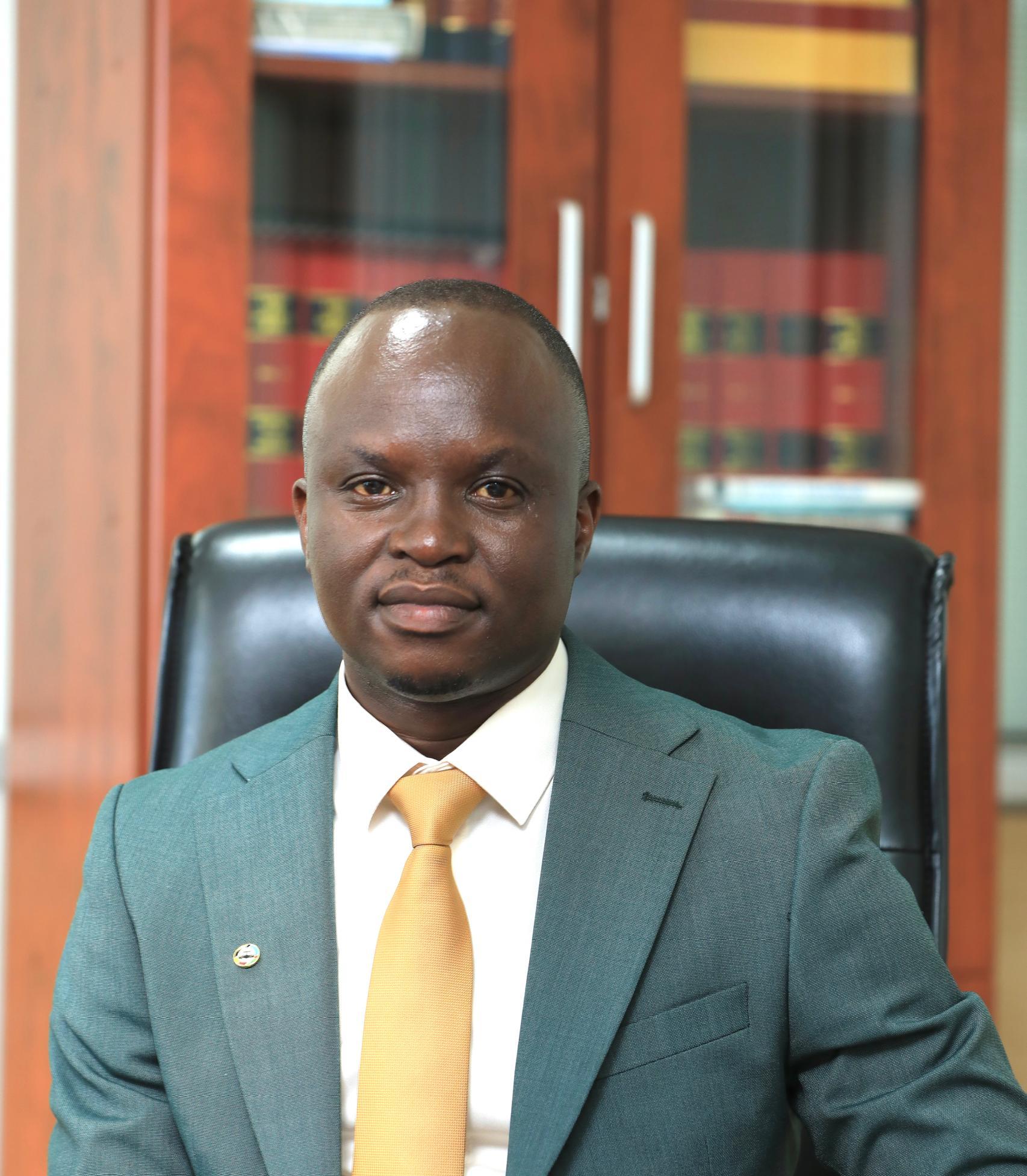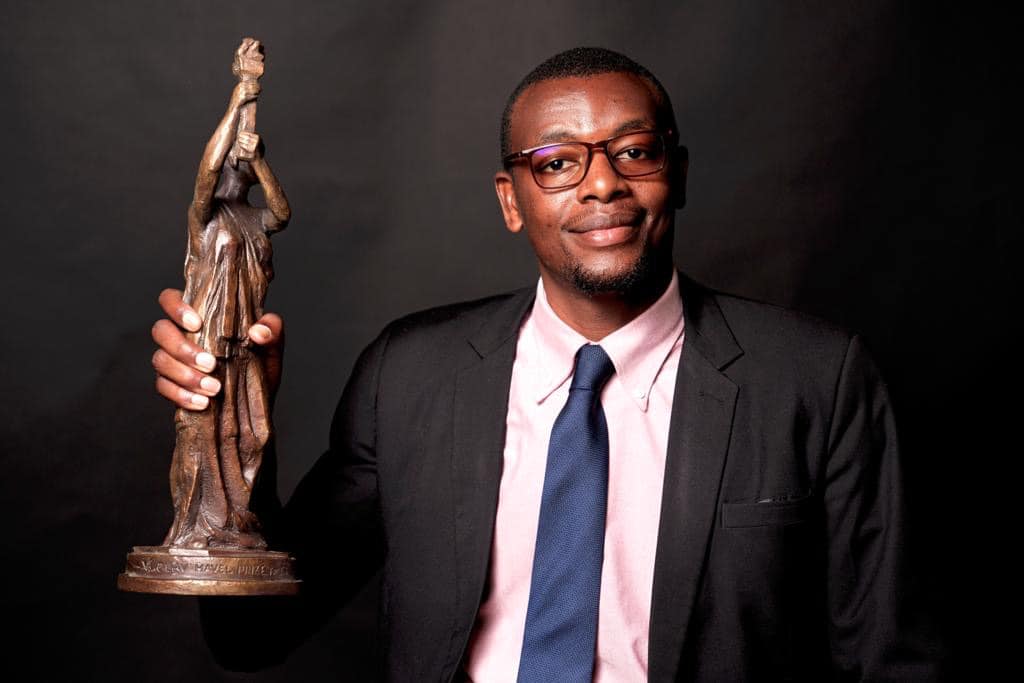Publicizing the list of sex offenders: Opendi storms again.
A National Sex Offenders Register that is publicly accessible not tucked away in government files, not whispered about behind closed doors, but open for every Ugandan to see.

In Uganda’s deeply rooted culture of silence around sexual violence, one voice continues to rise firm, consistent, and unshaken. Sarah Opendi, the Woman MP for Tororo District, is not just calling for justice; she’s demanding that it be made visible.
At a time when survivors struggle to find closure and communities often remain unaware of the dangers among them, Opendi wants the country to take a bold step: name the shadows.
Her proposal? A National Sex Offenders Register that is publicly accessible not tucked away in government files, not whispered about behind closed doors, but open for every Ugandan to see.
“People have a right to know,” she says. “A mother sending her child to school should know if the man applying for a teaching job has a history of sexual abuse. A community should not unknowingly welcome back someone with a record of rape.”
For Opendi, this is not just policy it’s personal. It’s a battle she’s been fighting long before Parliament took up the Sexual Offences Bill, now at the committee stage.
The bill seeks to address a wide range of sexual crimes, from harassment and defilement to online abuse. But for Opendi, Section 31 which mandates the National Identification and Registration Authority (NIRA) to maintain a national register of convicted sex offenders is the soul of it.
Currently, Uganda’s existing register is limited and confidential, tracking only those who have committed crimes against children and persons with mental disabilities. Even then, it’s only accessible to select institutions and law enforcement bodies a far cry from the transparency Opendi envisions.
“We’ve normalized hiding offenders and shaming victims,” she says. “That has to stop.”
Her renewed call is landing at a time when public awareness around sexual abuse is growing, but so is fear fear that speaking out might come with backlash, fear that justice might never come, fear that offenders will strike again in silence.
Doreen Nansubuga, 29, knows that fear. A survivor of sexual assault in her teens, Doreen now works as a community advocate in Wakiso.
“He was someone I knew,” she recalls. “He left the area after the case, but I’ve heard he’s back working at a local youth center. If we had a public register, that wouldn’t happen.”
To Doreen, Opendi’s proposal is not just about naming names. It’s about protecting futures.
But the idea isn’t without controversy. Critics argue that a public register could stigmatize individuals who have served their sentences or worse, those wrongly convicted. Others raise concerns about privacy, misuse, and legal overreach.
Opendi listens, but she’s undeterred. “Yes, rehabilitation matters. But what about prevention? What about the safety of that young girl walking to school?”
In her vision, the register would be more than a list of names. It would include photos, convictions, and restrictions perhaps even alert systems for employers and community leaders. In short, it would bring sexual crime out of the shadows.
Whether Parliament will adopt her full proposal remains to be seen. But what’s clear is that her voice is part of a growing chorus one that is no longer content to whisper about sexual violence but is ready to confront it head-on.






